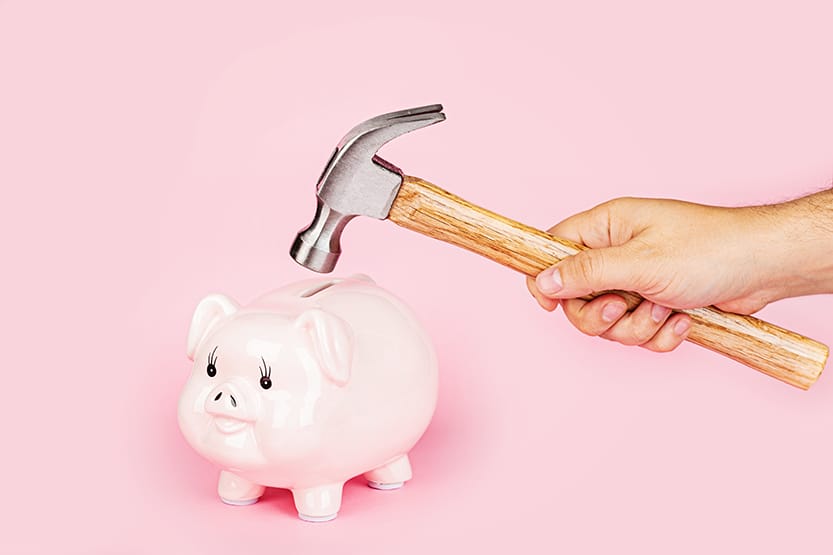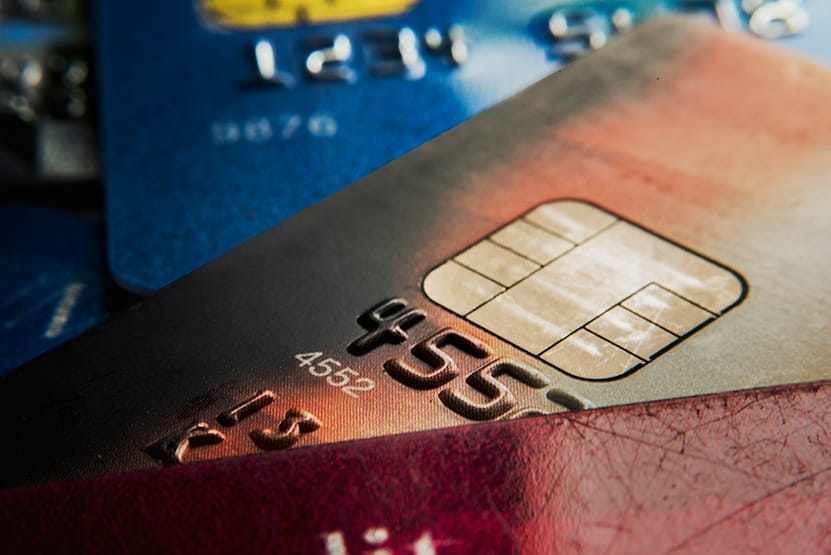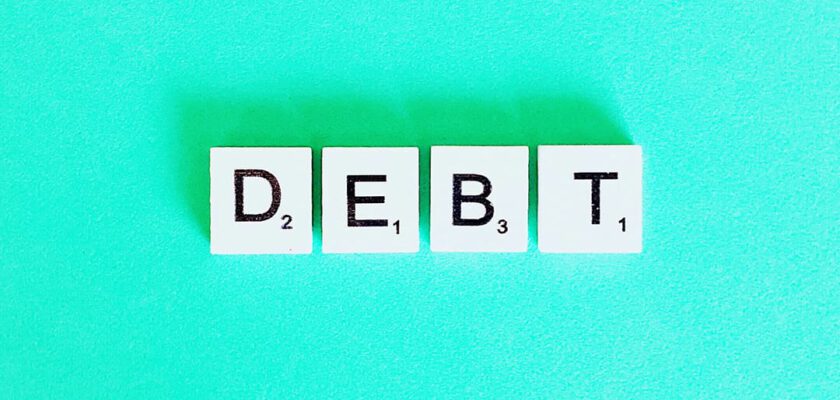Ah, the old dilemma… Pay off debt or invest first?
After taking care of budgeting, it’s usually the right time to think about what to do with your spare cash.
If you want to invest but are also in debt, deciding what to do with the saved money gets a little bit harder.
And no wonder. We are creatures of action and this is especially true when it comes to money. We feel the need to use our saved money to do something, whether it is for improving our financial situation or indulging in pleasures contrary to our best interest.
The truth is that to assess whether you should pay off debt or invest first, you will need to look at your situation from a couple of angles. There’s just not a copy-paste answer that applies to all.
Fear not, this guide will help you find the answer without spending hours doing some hopeless thinking and worrying…
Do you have an emergency fund in place?

The first thing you should worry about before you decide whether you should pay off debt or invest first is an emergency fund.
If you haven’t built an emergency fund yet, then you have no business using your spare cash to pay off debt early or invest.
I understand that many feel pressure when they’re in debt and want to get rid of it as soon as possible. I also understand the importance of investing as I am an investor myself.
But being ready for the unexpected that is always lurking right around the corner is your priority here. Expenses out of the ordinary can happen and you should be ready for them.
Do you have a 401(k) Employer Matching Program?

If you are an employee living in the US, chances are you got a retirement account called 401(k). If not, then skip this question and move on to the next one.
The 401(k) plan comes with a quite unique program called employer matching program. It is simply when you contribute money to your 401(k) and your employer matches that contribution to a certain percentage.
Say for example that you can contribute $10,000 each year. Then your employer will match that contribution by contributing themselves a percentage of that money.
Paying off debt is important. So is investing. But in such a scenario, not contributing as much as you can to your 401(k) is like leaving money on the table. Who could say no to free money?
Of course, if you can max out your contribution limit and still have money to spare, then by all means, pay off more debt.
Do you have high-interest debt?

Another important question that needs to be taken into account is about the interest you pay on your debt.
Depending on the interest rate you are charged, investing while paying it doesn’t make too much sense. Interest can eat away your investment profits to a degree where the act of investing is a waste of your time.
This is especially true if you have credit card debt.
In such a scenario, it is most wise to focus all of your energy and spare money on paying off your high-interest payment and not invest until you do.
Will you suffer a prepayment penalty?
Now, here’s another scenario in which investing while in debt makes sense.
If you have a loan that the issuer (usually a bank) charges you with a prepayment fee for paying it back early, it is best to sit tight and simply use your saved money to invest.
This is usually the case with mortgages, so you better take a look at the terms if you’re unsure.
Does Debt Cause You Stress?

There is, however, a very reasonable argument that overrides all the others when it comes to the “pay off debt or invest first” dilemma.
It’s when debt causes you too much stress.
If that’s the case, then regardless of prepayment penalties or match contributions, you should focus on using your saved money to pay off as much debt as you can.
It may not seem the reasonable thing to do because it could be against the numbers. But here’s the deal…
What’s reasonable in personal finance can only be dictated by your well-being. What I mean is that personal finance is about using the money in a way that positively contributes to your peace of mind and long-term prosperity.
Even if the numbers say you shouldn’t pay off debt early because you can find a better use of your savings, you cannot have peace of mind and prosper when debt makes you miserable and stressed.
And being miserable and stressed because of debt cannot be solved by investing. Only by paying it off as soon as possible.
Conclusion
As you can plainly see, there are a few factors that can put you in the category of people who need to invest their spare money while in debt first just as easily as with those who need to concentrate on paying off their debt before they invest.
To recap:
- Always remember that you first need to have an emergency fund in place before you think about what to do with the money you save monthly.
- If you have a job in the US and your employer matches your 401(k) contributions, take advantage of this by investing first and worrying about debt later.
- In case you have high-interest debt, focus on paying it off first.
- If you are to suffer prepayment penalties, invest first.
- If debt causes you stress, then pay it off first no matter what the numbers say.
I really hope this guide helped you decide whether you should pay off debt or invest first. If it did, could you spare a moment to share it using the social media buttons below?
Thank you for reading and I wish you success with your finances!
Disclaimer: This information should not be viewed as financial advice. You should consult a financial advisor or do your own due diligence before you invest. The owner of this website and author of this article are not to be held liable for any undesired result by anyone who uses this information that is provided here in any way.

